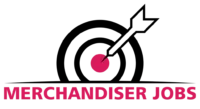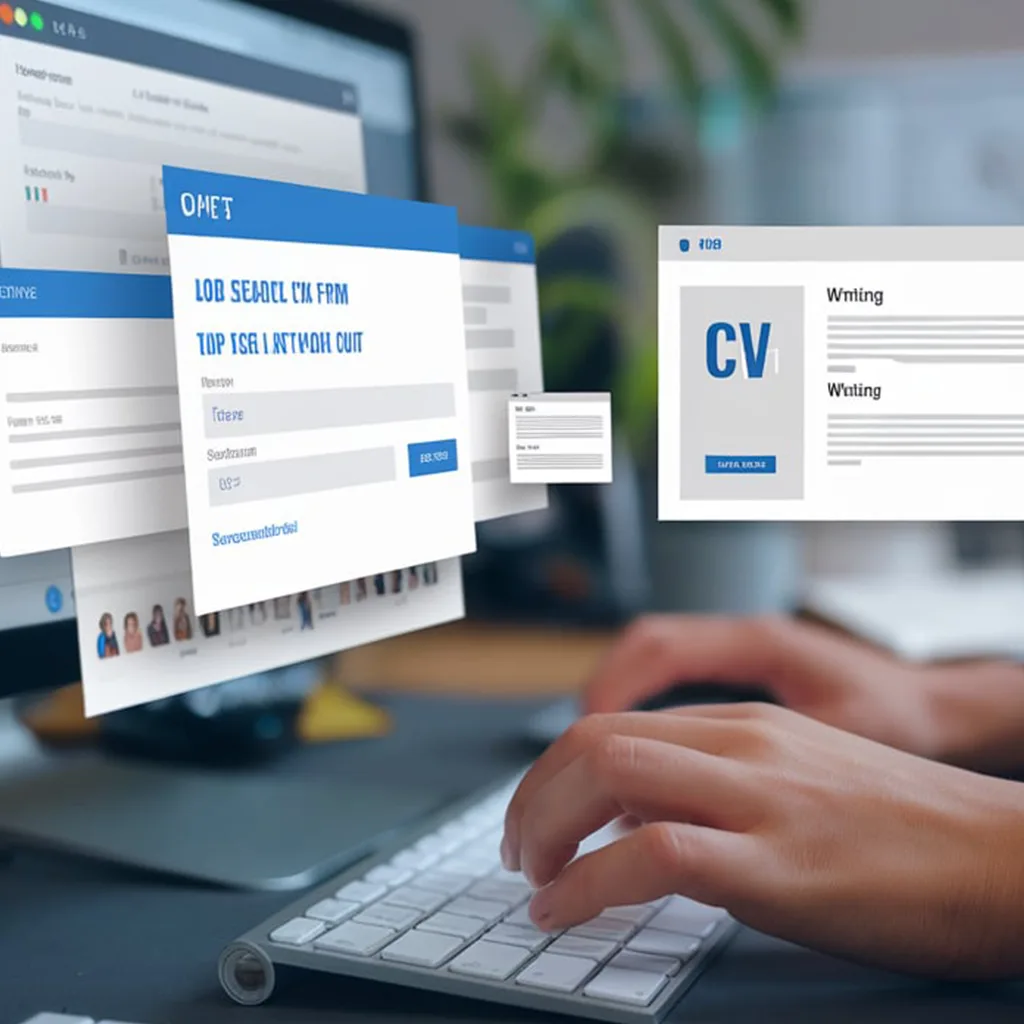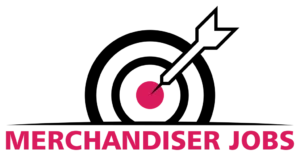Advice for Applying for Jobs: Comprehensive Tips for Job Seekers
Applying for jobs can be a daunting task, especially in today’s competitive job market. This article provides essential advice for applying for jobs and explores popular long-tail keywords such as “best tips for job applications,” “how to apply for jobs effectively,” and “job application process steps.” Follow these guidelines to enhance your job application process and increase your chances of landing your dream job.
Understanding the Job Application Process
Before diving into the specifics of applying for jobs, it’s important to understand the overall process. Knowing what to expect can help you prepare effectively and stay organized.
Researching Job Opportunities
Start by identifying the types of jobs that match your skills and interests. Use job search engines, company websites, and professional networks like LinkedIn to find job postings.
Preparing Your Documents
Gather all necessary documents, including your resume, cover letter, references, and any other required materials. Tailor these documents for each job application to highlight relevant skills and experiences.
Submitting Applications
Follow the application instructions carefully. Some employers use online application systems, while others may require you to email your documents. Ensure that you complete all required fields and attach all necessary files.
Following Up
After submitting your application, it’s crucial to follow up. This shows your interest in the position and can help keep your application top of mind for employers.
Crafting a Compelling Resume
Your resume is often the first impression you make on potential employers. Here’s how to make it stand out:
Tailoring Your Resume
Customize your resume for each job application. Highlight the skills and experiences that are most relevant to the job description. Use keywords from the job posting to pass through applicant tracking systems (ATS).
Using a Professional Format
Choose a clean, professional format. Use consistent fonts and headings, and avoid clutter. A well-organized resume is easier to read and makes a better impression.
Highlighting Achievements
Focus on your achievements rather than just listing job duties. Use quantifiable metrics to showcase your impact, such as “increased sales by 20%” or “managed a team of 10.”
Including Relevant Skills
List both technical and soft skills relevant to the job. Be specific about your proficiency levels and provide examples of how you’ve used these skills in your previous roles.
Writing an Effective Cover Letter
A cover letter complements your resume by providing more context about your experiences and why you’re a good fit for the job.
Personalizing Your Cover Letter
Address the cover letter to a specific person, if possible. Research the hiring manager’s name and use it in your greeting. This shows that you’ve taken the time to personalize your application.
Showcasing Your Enthusiasm
Express your enthusiasm for the position and the company. Explain why you’re excited about the opportunity and how your background aligns with the company’s goals and values.
Highlighting Key Experiences
Select a few key experiences from your resume and expand on them. Provide specific examples of how your skills and experiences make you a strong candidate for the job.
Keeping It Concise
Keep your cover letter to one page. Be concise and to the point, focusing on the most important information that makes you a compelling candidate.
Preparing for Job Interviews
Once you’ve secured an interview, it’s time to prepare. Here are some tips to help you succeed:
Researching the Company
Learn as much as you can about the company. Visit their website, read recent news articles, and understand their mission and values. This knowledge will help you answer questions more effectively and show your genuine interest in the company.
Practicing Common Interview Questions
Prepare for common interview questions such as “Tell me about yourself,” “What are your strengths and weaknesses?” and “Why do you want to work here?” Practice your answers to feel more confident during the interview.
Dressing Appropriately
Dress professionally for the interview. Choose attire that is appropriate for the company culture. When in doubt, it’s better to be slightly overdressed than underdressed.
Following Up After the Interview
Send a thank-you email after the interview. Express your appreciation for the opportunity to interview and reiterate your interest in the position. This can leave a positive impression and keep you top of mind.
Navigating the Job Offer Process
Receiving a job offer is exciting, but it’s important to navigate this stage carefully.
Evaluating the Offer
Consider all aspects of the job offer, including salary, benefits, work-life balance, and company culture. Ensure that the offer aligns with your career goals and personal needs.
Negotiating Salary and Benefits
Don’t be afraid to negotiate. Research industry standards for the position and be prepared to discuss your desired salary and benefits. Approach the negotiation professionally and respectfully.
Accepting the Offer
Once you’re satisfied with the offer, accept it formally. Write a professional acceptance letter or email confirming your acceptance and expressing your enthusiasm for the role.
Preparing for Your New Role
After accepting the offer, start preparing for your new role. Review any onboarding materials provided by the employer and familiarize yourself with the company’s policies and procedures.
Common Mistakes to Avoid
When applying for jobs, be mindful of these common mistakes:
Submitting Generic Applications
Avoid sending the same resume and cover letter to multiple employers. Tailor your application materials to each job to show that you’re genuinely interested and qualified.
Overlooking Application Instructions
Carefully read and follow the application instructions. Missing a required document or field can result in your application being overlooked.
Neglecting Your Online Presence
Ensure your LinkedIn profile and other professional online presences are up-to-date and professional. Employers often review candidates’ online profiles before making hiring decisions.
Failing to Follow Up
After submitting your application or attending an interview, follow up to express your continued interest. This can help you stand out and demonstrate your commitment to the role.
Being Unprepared for Interviews
Don’t underestimate the importance of interview preparation. Research the company, practice common questions, and plan your attire in advance.
Frequently Asked Questions about advice for applying for jobs
How long should my resume be?
Your resume should typically be one to two pages long, depending on your experience. Focus on relevant experiences and keep it concise.
Should I include a photo on my resume?
In most cases, it’s not necessary to include a photo on your resume. Focus on your skills and experiences instead.
How can I make my cover letter stand out?
Personalize your cover letter for each job application, express enthusiasm for the role, highlight key experiences, and keep it concise.
What should I wear to a job interview?
Dress professionally and choose attire appropriate for the company’s culture. When in doubt, opt for business attire.
How do I follow up after submitting a job application?
Send a follow-up email to express your continued interest in the position. Be polite and professional, and inquire about the status of your application.
By following this advice for applying for jobs, you can improve your job application process and increase your chances of landing a desirable position. Remember to tailor your application materials, prepare thoroughly for interviews, and follow up appropriately to make a positive impression on potential employers.





